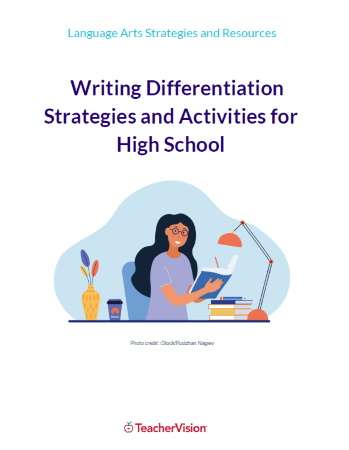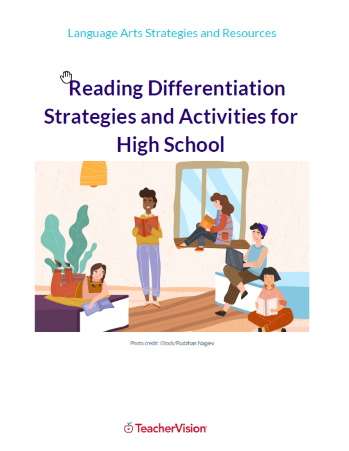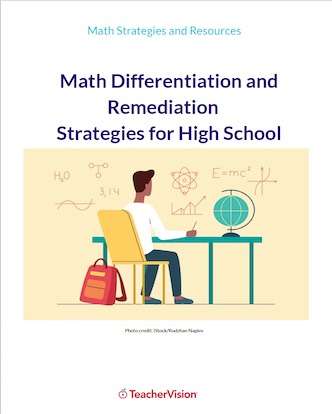How Can You Make It Happen?
Start small, take your time, and keep it simple. Some teachers begin with just a few students as they get a feel for conferring. As you gain confidence, you can expand conferences to include each member of the class.
It is important to have the structures of a productive writing workshop in place and expectations clearly laid out so that students become used to the routine of the way writing time works. Other students should be busy on their own independent writing projects: Some might be drawing or brainstorming topics in the prewriting phase; some will be drafting; and others will be sharing; while still others will be revising. Some students might be at an editing center that you have set up or a publishing center with bookbinding materials. Establish these centers and a variety of activities before you start individual conferences.
It is critical that students learn not to interrupt a conference that is taking place. Emergencies, of course, happen, but in general, interrupting a conference should be off-limits.
Most writing teachers find it helpful to keep track of who has had a conference and the key points, issues, or focus ideas that came out of that conference. It is helpful to have a checklist of all students to ensure that everyone has regular conferences. Individual conferences should not last long—generally from two to five minutes.
How Can You Measure Success?
Because of their individual nature, writing conferences are ideal for assessing where students are in their writing progress. When teachers conduct short but regular writing conferences with their students, they can keep close track of their students' writing needs and adapt their instruction accordingly. Notes on writing conferences for individual students can be kept and reviewed to see progress over time. Recurring issues can be noted and addressed (you can tell if the conferences are beneficial if students are not repeating organizational and grammatical mistakes). Writing conferences are especially useful in tracking a student's progress within a particular writing project because they ensure that students are following through on writing projects to completion and engaging in the entire writing process, which will naturally make students better writers. Conferences are also quite valuable to see a student's progression through various drafts of a piece of writing, providing insights into the writer's thinking process.





